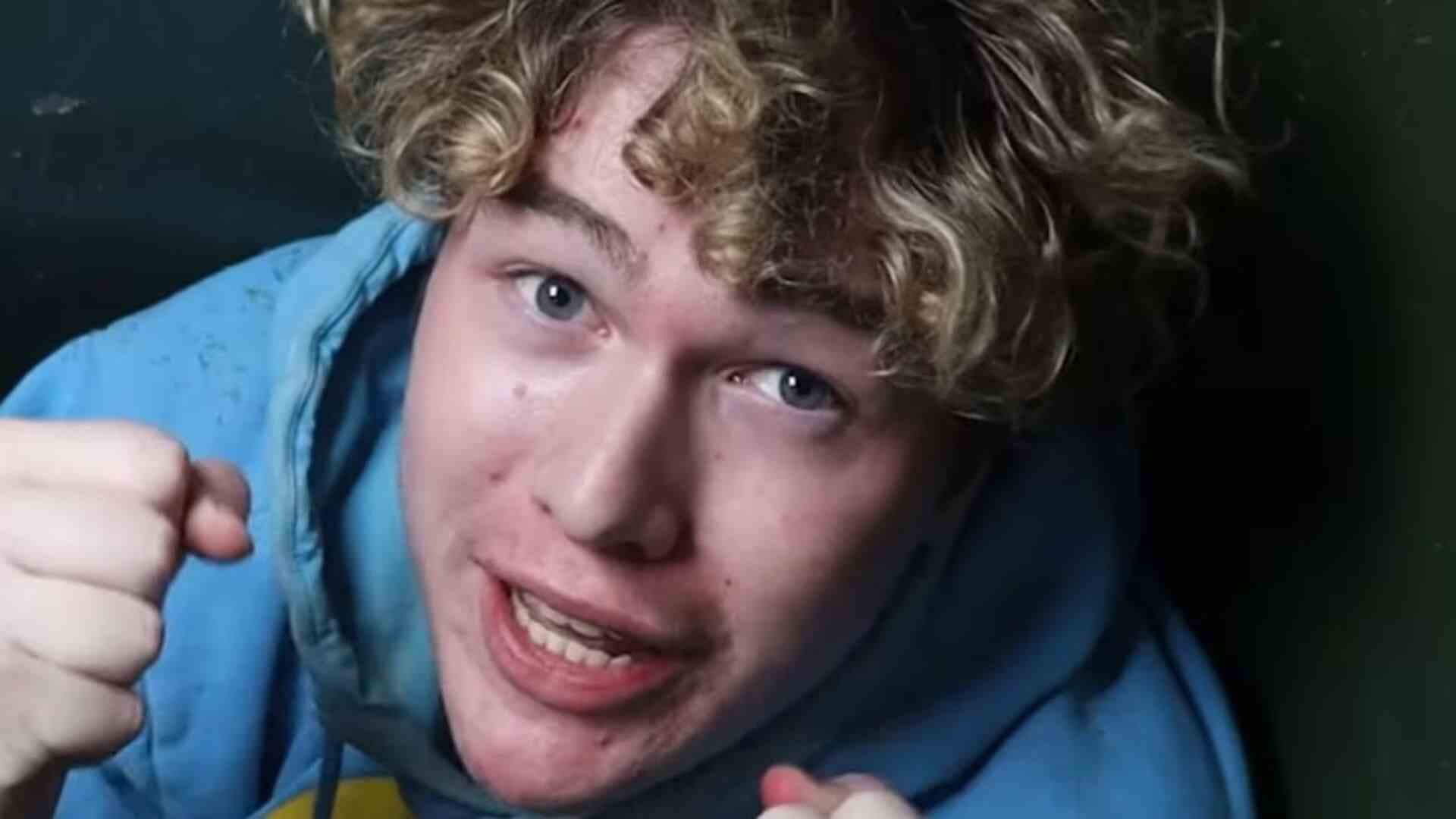Content creator Norme, with 1.2 million subscribers, attempted to break the world record for staying awake, streaming live on YouTube for over 250 hours. Despite the popularity of the stream, which attracted many viewers curious about his challenge, it was cut short when Norme began to exhibit severe signs of sleep deprivation.
Throughout the marathon stream, Norme’s brother Don assisted him in staying awake, using methods like splashing water on him and making him stand when he showed signs of fatigue, according to News18. However, as the stream progressed, Norme began to suffer from symptoms such as passing out, hallucinating, and becoming incoherent.
Just 12 hours before reaching his goal, YouTube removed the stream, citing a violation of community guidelines. The message stated, “It looks like Awake for 12 days WORLD RECORD LIVE 24/7 didn’t follow Community Guidelines. To help keep our community safe, we removed it from YouTube. We think your content didn’t follow our harmful and dangerous policy.” Despite this, Norme continued his attempt on another platform, Kick.
He later posted a picture showcasing the message sent by YouTube as it removed the live stream.
I GOT BANNED FROM YOUTUBE 💔
literally 12 hours from goal istg crying rn pic.twitter.com/qqObVGbI7R— NORME (@NormeNorme) August 11, 2024
The Risks of Sleep Deprivation
Sleep deprivation occurs when a person does not get enough sleep or goes without sleep entirely. While short-term sleep loss may not be alarming, prolonged deprivation can lead to serious health issues such as inflammation, weakened immunity, and impaired cognitive functions. Adults typically require 7-8 hours of sleep each night for optimal health.
Stages of Sleep Deprivation
Sleep deprivation progresses in stages, typically measured in 12 or 24-hour intervals. Symptoms worsen the longer a person stays awake. According to the CDC, 24 hours without sleep is equivalent to having a blood alcohol content of 0.10 percent. Initial symptoms include fatigue, tremors, brain fog, irritability, and dark circles under the eyes.
After 36 hours, symptoms intensify, with different brain regions struggling to communicate effectively, leading to impaired memory, behavioral changes, and extreme fatigue. At 48 hours, extreme sleep deprivation sets in, making it difficult to stay awake and causing microsleeps, anxiety, depersonalization, and delusions. After four days without sleep, reality becomes severely distorted, and the urge to sleep becomes overwhelming.
Recovery
Recovering from sleep deprivation typically involves getting more sleep. The severity of the deprivation will dictate the best recovery approach, which may include napping, improving sleep hygiene, using over-the-counter or prescription sleep aids, light therapy, or breathing devices.
Sleep is essential for the body to repair and maintain its vital functions, making adequate rest critical for overall health.














